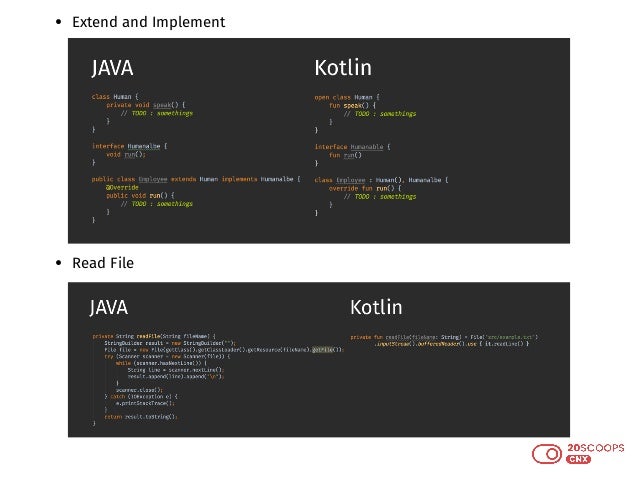

There are times when you want a function that can accept any kind of a particular generic. MutableSet implements Set, so any class implementing MutableSet needs to implement both. Ready? Let’s rock and roll! Accepting All Kinds of a Generic Along the way, we’ll gain an understanding of exactly why star-projections work the way that they do. Wanna know what’s cool? Star-projections are actually only one way to handle this case! In this article, we’ll explore all three ways that you can solve this problem. In this third and final article in the series, we’re going to apply these same two subtyping rules to a special case - accepting all kinds of a generic. Contribute to khs613/sample-room-kotlin development by creating an account on GitHub. In the app, I have added functionalities to insert, delete, update and list all the users. In the second article, The Ins and Outs of Generic Variance in Kotlin, we saw how those same two rules played out for generics, discovering what type projections are and how they work. am going to create a sample app for user management using the room database in kotlin. In the first article in this series, An Illustrated Guide to Covariance and Contravariance in Kotlin, we uncovered two simple, easy-to-understand rules that illuminate variance, and saw how they applied to regular class and interface inheritance in Kotlin.

Have you ever wondered how star-projections work? Or why they change your function parameter and return types? Or why it seems like sometimes you can actually get by without them? An example of this kind of functions are the fail function in test systems, or the main loop in a game engine. Senior Software Engineer with API, Java, Kotlin and Knowledge of GDPR and MLPS (China)The scope of the consultant services is to assist IKEA in Assist the DSM Linehaul team in finalizing the work required for the Pre-foundation (API Layer).This means:Help the Linehaul team completely Isolate Centiro from the Ikea landscape.


 0 kommentar(er)
0 kommentar(er)
